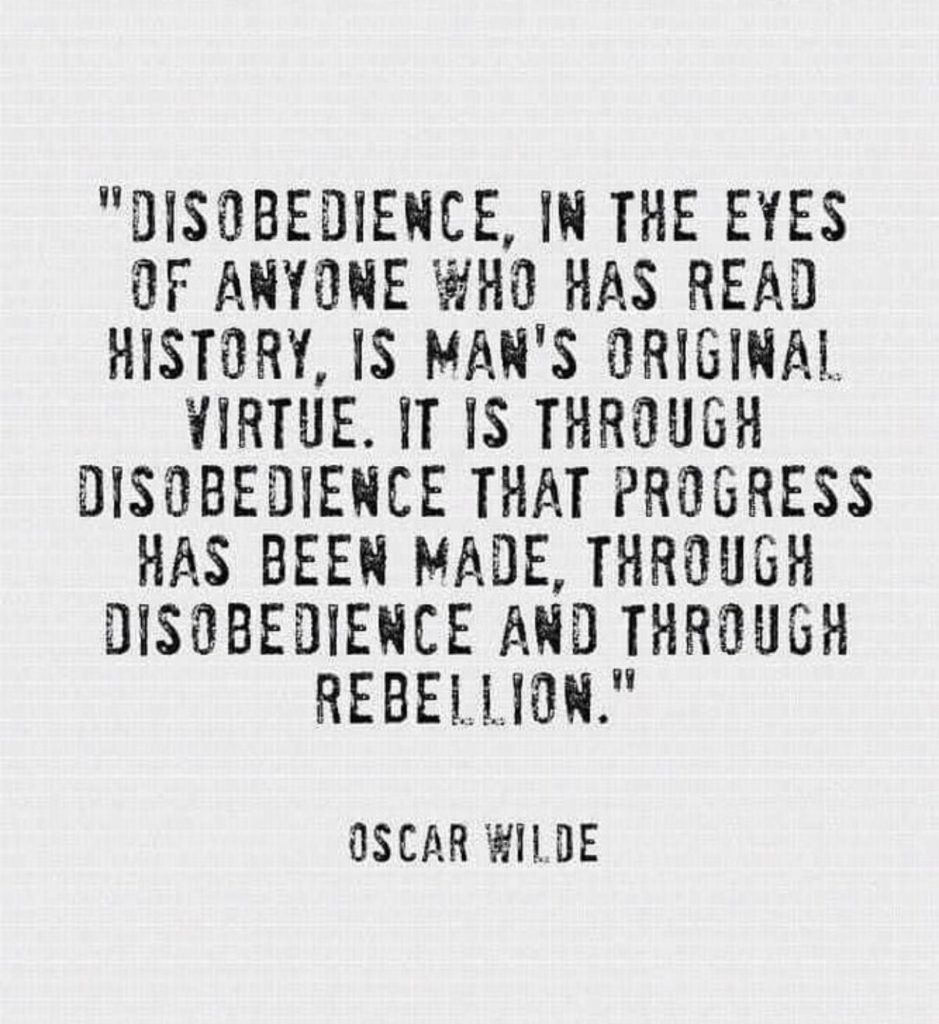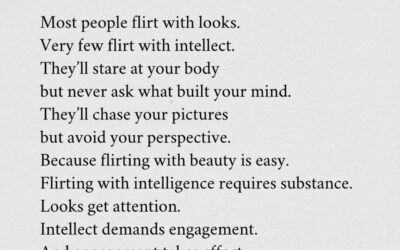If the United Nations is the global body meant to represent and protect human rights, and international law is established to govern how nations interact with one another, then why do we still see nations acting as if they are beyond these laws? If all humans are created equally, then no single country should hold the power to inflict harm on another life without being held accountable to a higher authority. And yet, this is precisely what happens when war breaks out—selfish motivations fuel destruction, and precious lives are lost.
It is paradoxical that while we claim to strive for global unity, as seen through the creation of institutions like the United Nations and international laws, we continue to allow nations to act independently in ways that contradict the very notion of equality and justice. Wars rage on, often driven by the interests of a select few, disregarding the inherent worth of human life. The irony is deepened when we look at organizations like Interpol, which exist to connect countries and hold individuals accountable for crimes. If we are willing to work together to track down and arrest individual criminals across borders, then why do we hesitate to enforce global laws that could prevent the mass crimes of war and ensure that all nations are subject to the same rules?
This contradiction shows a flaw in how we approach governance on a global scale. On one hand, we advocate for peace, equality, and justice under international law. On the other, we allow power dynamics between nations to override the principles that these laws are supposed to uphold. And in this inconsistency, we allow wars to be carried out with devastating consequences, perpetuating cycles of violence rather than upholding justice.
The reality is that until we genuinely commit to holding nations accountable to the same standards that we apply to individuals, we will continue to see this contradiction play out. The question is, what would it take to stop viewing nations as untouchable entities that can break laws with impunity and start treating them as equally subject to international regulations? We must recognize the hypocrisy of condemning individual crimes while allowing nations to commit atrocities under the guise of war.
Let us be clear—this is not just a matter of politics. It’s about the future of humanity. If we are serious about creating a world where human rights are respected and where every life is valued equally, then we must stop allowing national interests to supersede global ethics. We must stop provoking those who seek power for their own benefit and start asking why we aren’t holding ourselves accountable to the standards we claim to uphold.
Until then, we remain stuck in a cycle of contradiction, where we pursue justice only when it suits us, but allow injustice to persist when it is inconvenient to confront. And in this contradiction, we continue to lose the most precious thing of all: human life.
It’s time to reconcile our ideals with our actions, and perhaps, just perhaps, that begins with acknowledging the inconsistencies that exist at the very foundation of our global institutions.





0 Comments